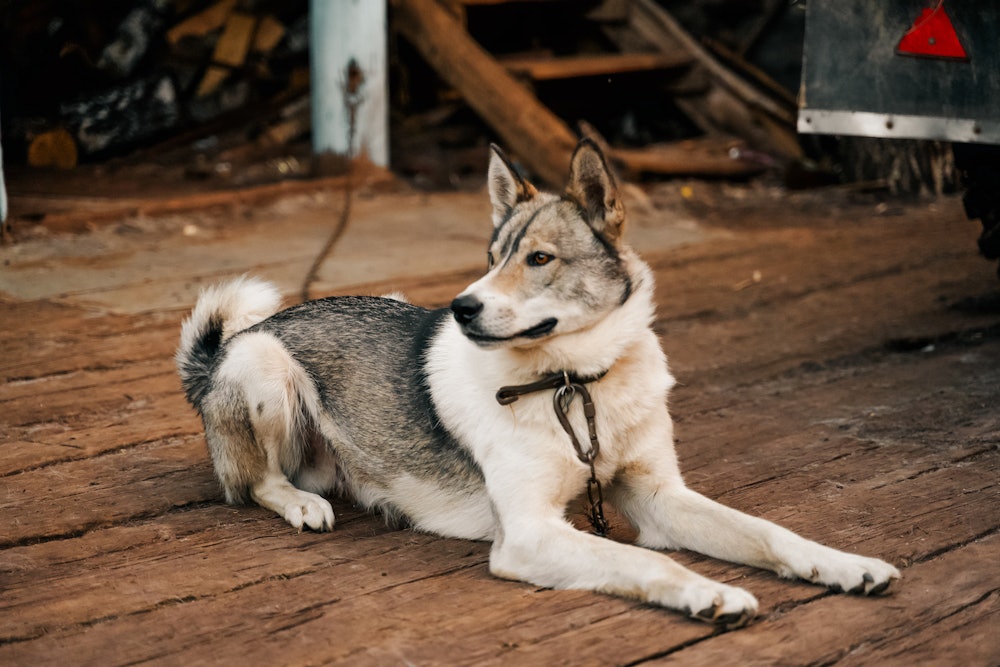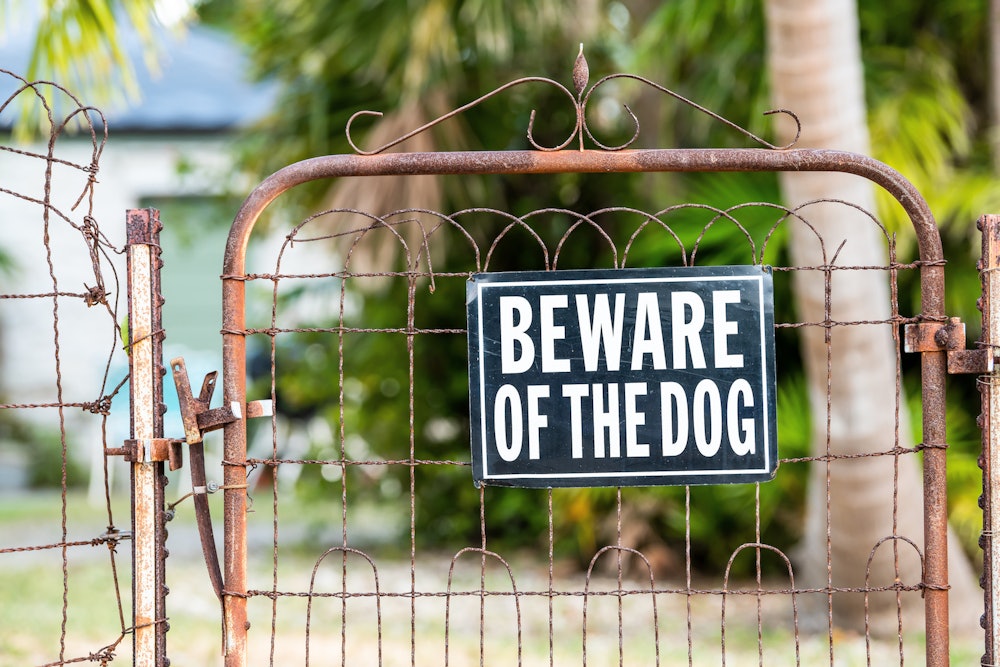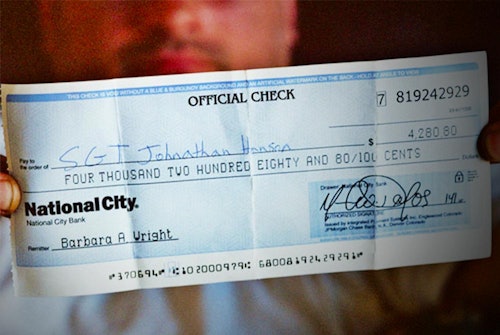- Your Rights After A Dog Attack
- What To Do Immediately After a Dog Bite
- Legal Actions After a Dog Bite
- Dog Owner Defenses in Lawsuits
- Frequently Asked Questions
Each year, more than 4.7 million people are bitten by dogs, resulting in an estimated 800,000 injuries that require medical attention, according to the Centers for Disease Control and Prevention (CDC). And more than 50% of those incidents occurred on the dog owner’s property.
U.S. Dog Bite Statistics
- Most dog bites involve dogs who are not spayed or neutered.
- Around 92% of all dog attacks are perpetrated by male dogs.
- About 25% of dogs that attack are chained.
- 81% of dog bites cause no injury at all or only cause minor ones that do not need medical attention.
- Over 30 breeds and dog-types were associated with dog bite-related fatalities.
- In 2014, the insurance industry paid more than $530 million in dog-bite related claims.
It’s easy to see that even the friendliest of dogs may bite when frightened or protecting their loved ones, so it’s a good idea to know your rights when it comes to damages for injuries. Learn what to do after a dog attack, who to contact, what information you may need as evidence, and what rights the dog owner has.
Disclaimer: The contents of this page do not constitute legal advice and should not be used as such.
Your Rights After A Dog Attack
If you’ve recently been bit or attacked by a dog, you may be entitled to compensation to cover the cost of your injuries and any other resulting damages. There are three kinds of laws that impose liability on dog owners. They are as follows:
- Dog-bite statute: Regardless of the injury or property damage, the dog owner is automatically liable, even without provocation.
- “One-bite” rule: Some states eliminate the liability of the dog owner if it’s the dog’s first bite. If the animal continues to demonstrate aggressive behavior after the first bite, however, the owner is then held liable.
- Currently, only 14 states have the “one-bite” rule. The rest hold owners responsible for any injury, regardless of whether the dog bitten someone before.
- Negligence laws: If the injury occurred because the dog owner was unreasonably careless (negligent) in controlling the dog, they can be held liable. This could be something like violating local leash laws.
See a list of dog bite laws by state here.
What To Do Immediately After a Dog Bite
In the case of a dog bite or attack, it’s important to take all necessary steps to protect yourself and your legal rights. Below are five things to do immediately after an incident with a dog:
- Photograph it: Take photos of the incident. This means not only the bite/injury itself but also dog, the setting (where it took place) and any other identifying information that could be used as evidence.
- Take written notes: Write down the dog’s color, breed, size, and name in order to identify it later.
- Ask the owner for their information: You’ll need the dog owner’s information if you are seeking compensation. You’ll need their full name, address and telephone number.
- Call the police or 911: If the attack was serious, call 911 immediately. Be sure to also call your local police to file a report to create a paper trail for authorities.
- Report it to animal control: Report the incident to your local animal control, you’ll likely need this report later on. Wait until you have legal counsel to offer extensive details.
- Some states also requires dog owners to notify the County Department of Animal Services as well.
- Seek medical attention: Even if the injury seems small, it’s important to get it looked at in case of any hidden issues that you could worsen without proper care.
Legal Actions After a Dog Bite
Once you’ve sought medical attention, you may need to decide whether you’ll be pressing legal charges or if the owner is going to pay for any expenses you incurred. If they are unwilling to do so, you do have rights to pursue legal actions for those costs.
5 Steps for Filing a Dog Bite Lawsuit
- Compile all your notes, photographs, videos, and any other evidence and save them on your computer or in a physical folder.
- Research whether the dog has been involved in other incidents or has a history of aggressive behavior or biting. The pet owner may be unwilling to offer up this information, so you may need to check with animal control.
- If animal control refuses, your legal counsel will need to subpoena these records later.
- Request copies of your medical treatments and expenses or login to your healthcare provider's website to find these records.
- Document how the incident has impacted your life. This could include any physical pain, emotional trauma, or loss of work.
- Contact a dog bite attorney and provide all of the relevant information so that they can move forward with your case and seek damages from the responsible party.

Have all notes, documents, images and videos of the incident on hand when contacting legal counsel.
Dog Liability Insurance
In some cases, the animal owner may have dog liability insurance which covers them if their dog were to bite someone, making it easier to cover injury expenses during a lawsuit. Keep in mind that this may mean the dog must be put down if you win the case. If you are against this outcome, you may choose to plead to the judge for it to be spared.
Often, dog owners are more willing to work with you and compensate you for your injuries if they know you aren’t asking for the dog to be put down. If the dog owner is insured, you might be contacted by their insurance representative.
It can be helpful to ask for the following information for your legal records:
- Name of insurance company
- The insurance company’s address and telephone number
- Claim number
- Name of the insured person
- The amount of money available to pay medical (only) expenses
Make sure to avoid discussing any other specific details or agreeing to anything without consulting with your legal counsel first. Here are some additional things you should NOT do when talking with a dog owner’s insurance company:
- Do not discuss who is responsible.
- Do not accept any money.
- Do not set up an appointment.
- Do not allow yourself to be tape recorded.
- Do not consent to photographs being taken of the victim.
- Do not discuss anything involving money including settlement, payment of money, settlement, or injury value.
Dog Owner Defenses in Lawsuits
Just like you have rights when it comes to legal action against a dog attack, a dog owner also has certain defenses available to them to minimize liability. Any claim based upon tort concepts can be denied due to the injured party’s conduct in the following four areas:
Trespassing or Breaking the Law
If the injured party was illegally on the property or committing a crime when the incident occurred, they typically could not sue the dog owner. However, if the dog owner told the dog to attack them while on their property, they may be liable since you cannot intentionally endanger others on your property, regardless of why they were there.
A trespasser, though, does not need to simply be someone who was uninvited to their home.
Who Isn't a Trespasser?
Delivery persons, mail carriers, solicitors, those on common errands, and law enforcement officers are not considered to be trespassers.
There may also be an exception if the dog owner’s property has a gate, fence or sign to keep individuals out. Another exception to this would be if the trespasser was a neighbor’s child. The dog owner may be liable since it’s reasonable to assume that a child would enter a neighboring property to play with a dog.
Intentional Provocation
A dog owner may not be liable for an attack if the incident occurred because the injured party was taunting or abusing the dog. This can get a little trickier when provocation was unintentional, such as when a child accidentally provokes an animal, since they may not understand the risk of doing so.
Another example of provocation would be if a person was giving food scraps to a dog that was chained up and the animal ended up biting the plaintiff. Provocation would be questioning whether the plaintiff’s actions would be provocative to the dog itself, not by human standards. If they did not have permission to pet or be near the dog by the owner, this could be viewed as intentional provocation.
Contributory or Comparative Negligence
In some states, plaintiffs can't recover any damages if they contributed even a little bit to the dog bite or injury. Under the state’s law of comparative negligence, if the plaintiff’s carelessness incurred the injury, any damages that they receive may be reduced.
Victims may not get any compensation if they are found to have been 50% or more at fault in some states. However, this rule may not apply if instead of the general theory of negligence, the plaintiff is bringing their claim under a statute.
Assumption of Risk
Under the assumption of risk, if the dog owner assumed the risk of being injured by the dog, the owner may not be liable. The defense of assumption of the risk presupposes:
- The plaintiff had some actual knowledge of the danger.
- The plaintiff understood and appreciated the risk therefrom.
- The plaintiff voluntarily exposed themselves to such risk.
For example, if the bite occurred during a veterinary checkup or while a dog sitter was caring for the animal after the owner explained how to take care of it, assumption of risk may apply.
The assumption of risk defense often comes into play in incidents with professionals in the pet industry. Yet, this may not be available in states that impose strict liability for dog bites. Finally, helping an injured dog in an emergency situation is not an assumption of risk.
If you’ve recently been bitten or attacked by a dog and are seeking legal damages, contact a dog bite attorney to understand whether you have a viable case. This page and the information on it should not be taken as legal advice.











Comments